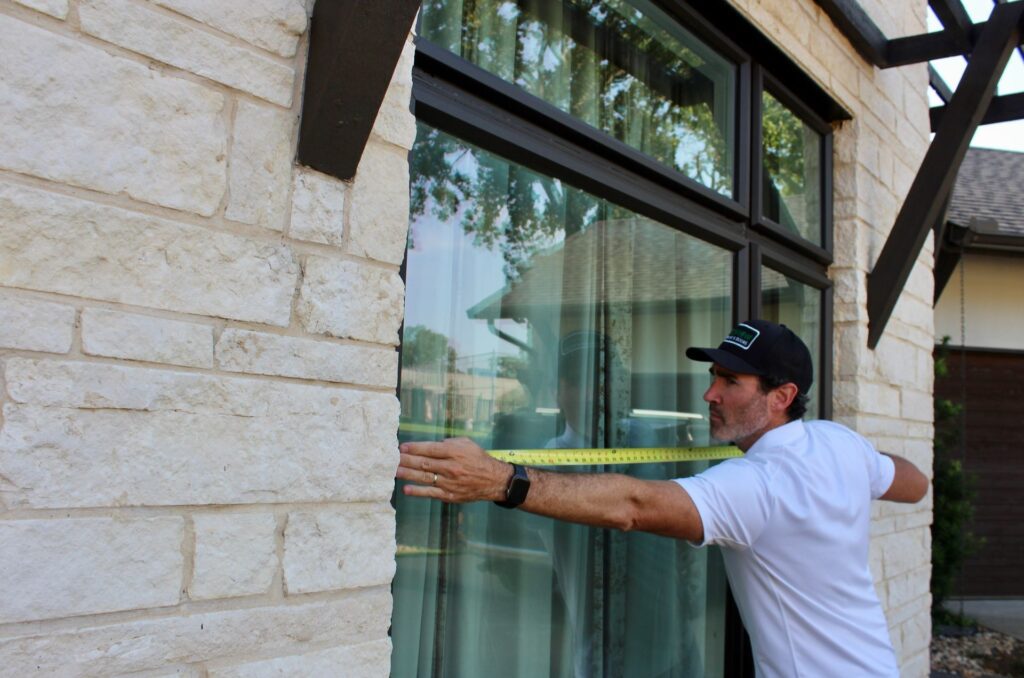Transform your home’s comfort and curb appeal with the perfect windows – discover expert insights on selecting energy-efficient solutions that blend style with sustainability.
Understanding Window Energy Efficiency
Energy-efficient windows are a crucial investment for Kent homeowners, with the potential to reduce energy bills by up to 25% annually. The British Fenestration Rating Council (BFRC) rates windows from A++ to E, with A++ being the most energy-efficient. Understanding these ratings is essential for making an informed decision. Modern energy-efficient windows combine multiple technologies to maintain optimal indoor temperatures year-round, reducing heat loss in winter and preventing excessive solar gain in summer. The effectiveness of these windows is measured through several key metrics that every homeowner should understand before making a purchase.
- U-value: Measures heat loss through the window, with lower values indicating better insulation (ideal range: 1.2-1.6 W/m²K)
- Solar Heat Gain Coefficient (SHGC): Indicates how much solar heat passes through the glass
- Air Leakage Rating: Shows how much air can pass through window joints
- Energy Rating: Combined performance metric considering all factors
Types of Energy-Efficient Windows
Different window styles offer varying levels of energy efficiency, and selecting the right type for your Kent home depends on factors like orientation, room function, and architectural style. Casement windows are particularly popular in the UK, offering excellent energy efficiency due to their tight seal when closed. These windows can reduce energy loss by up to 20% compared to older, single-glazed windows. Double-hung windows, while traditional, have improved significantly with modern manufacturing techniques, now offering comparable energy-saving benefits.
- Casement Windows: Best for maximum ventilation and tight seals
- Tilt-and-Turn: Excellent for easy cleaning and security
- Bay Windows: Create additional space while maximizing natural light
- Fixed Windows: Highest energy efficiency due to no moving parts
Choosing the Right Materials
The choice of frame material significantly impacts both energy efficiency and longevity. Modern vinyl frames, particularly popular in Kent due to their excellent insulation properties and minimal maintenance requirements, can last 20-30 years while maintaining their energy-efficient properties. Aluminium frames with thermal breaks offer strength and durability while addressing traditional metal frame heat conductivity issues. Wood frames, while requiring more maintenance, provide natural insulation and can last over 30 years when properly maintained.
Glass Options and Technologies
Advanced glass technologies have revolutionised window energy efficiency. Triple glazing, increasingly popular in Kent homes, can reduce heat loss by up to 50% compared to single glazing. Low-emissivity (Low-E) coatings reflect heat back into your home while allowing natural light to pass through, reducing heating costs by up to 30%. Gas fills between panes, typically argon or krypton, provide additional insulation benefits.
- Double Glazing: Standard for modern homes, with 16-20mm gap between panes
- Triple Glazing: Maximum insulation for extreme weather conditions
- Low-E Coatings: Essential for reducing heat transfer
- Warm Edge Spacers: Reduce heat loss around glass edges
Installation Considerations
Proper installation is crucial for maximising window energy efficiency. Professional installation by certified experts ensures optimal performance and can prevent up to 90% of common window-related energy loss issues. The installation process should include proper weathersealing, insulation around frames, and precise alignment. Poor installation can reduce energy efficiency by up to 25%, negating the benefits of high-performance windows.
Cost Analysis and ROI
Investment in energy-efficient windows typically ranges from £500 to £3,000 per window, depending on size and specifications. However, the return on investment is significant, with most Kent homeowners recouping costs through energy savings within 5-10 years. Government incentives and schemes can further reduce initial costs, making the investment more attractive.
- Average energy bill reduction: £200-£400 annually
- Property value increase: 5-10%
- Available grants through the Green Homes Grant scheme
- Reduced carbon footprint: Up to 680kg CO2 per year
Making Your Final Decision
When selecting energy-efficient windows for your Kent home, consider the local climate’s unique challenges, including coastal conditions and variable weather patterns. Choose windows with a minimum A-rating for optimal performance, and ensure they complement your home’s architectural style. Consider future maintenance requirements and warranty terms, typically ranging from 10-25 years. Working with experienced local installers who understand Kent’s specific environmental conditions will ensure the best long-term results for your investment.
FAQ
What are the most affordable windows?
Vinyl window frames: One of the most affordable choices, vinyl is durable, low-maintenance, and energy efficient.
How much do new windows cost in 2025?
Below are some common window types and their typical 2025 pricing: Single hung windows: $100 to $400 per window. Double hung windows: $150 to $900 per window. Sliding windows: $150 to $1,500 per window.
Sources
[1] https://en.wikipedia.org/wiki/Microsoft_Windows
[2] https://www.microsoft.com/en-us/windows
[3] https://www.andersenwindows.com



